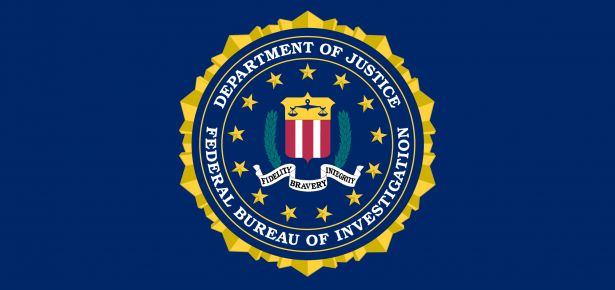
In Discourse on Leadership, I identify a 1977 article by Harvard psychologist Abraham Zaleznik as a seminal work in our interpretation of leadership. Leaders, he argued, are folks who “develop fresh approaches to long-standing problems and open issues for new options.” In their disinclination to be constrained by the status quo, they are generators of “relative disorder.”
While mostly admiring people who act as leaders, Zaleznik offered a note of caution. Leaders, he noted, possess “hot personalities,” and act on strong emotions often involving love and hate. They may work in an organization, but they do not really belong to that organization. Rather, they often place their own sense of right and wrong, appropriate and inappropriate, above those around them. It is hubris – a self-important sense of pride – that separates them from the pack. Or so they believe.
Zaleznik’s warning resonated in my mind as I learned about James Comey, the head of the FBI, and his October 28 letter to Congress. That memo, a seemingly straight-forward announcement of his intent to reopen a probe into Hillary Clinton’s emails, sent the Presidential election into a wild spiral.
Comey is the head of the FBI and thus can be classified rightly as that bureau’s leader. However, he is also part of a larger organization, the Department of Justice. His boss, the Attorney General, explicitly counseled him against taking such a public step with less than two weeks to go before the election date and with millions of people already voting. A bipartisan group of former Attorney Generals quickly voiced outrage that the FBI director would use his office in a way that would undoubtedly impact the election. Democratic appointee Eric Holder, who stepped down in 2015, insisted that Comey’s actions ‘violated long-standing Justice Department policies and tradition,” specifically evading guidelines on “the proper way to conduct investigations during an election season.” The previous Attorney General, George W. Bush’s appointee Albert Gonzalez, criticized Comey’s lack of judgment, noting that “you may be firmly convinced of something, but you could be firmly wrong.”
Gonzalez was getting directly at the FBI director’s hubris. Despite swirling rumors, we have no real idea yet about Comey’s motives. But his insistence on taking an action as the head of the FBI that explicitly violated the wishes of his superior, formal guidelines in place within the organization, and years of tradition brought me right back to Zaleznik’s warning. Leaders can be, and often are, people who put themselves above and beyond their organizations. They can justify actions that lead to “disorder” by calling on their own, presumably “superior” moral compass.
Sure we admire leaders. But don’t forget Zaleznik’s caution: there is a cost to such admiration. Hubris is NOT a good thing, particularly in people with power.
Latest Comments
Have your say!